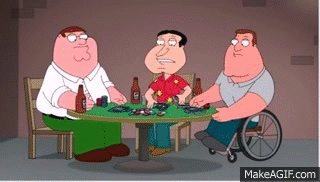The Impact of Emotions on Poker
Emotions can be your greatest allies or enemies in poker. Feelings like frustration, anger, fear, and euphoria can cloud your judgment, leading to impulsive decisions and costly mistakes. On the other hand, positive emotions like confidence and motivation can boost your performance and increase your chances of winning.
Strategies to Master Your Emotions
- Self-awareness: Recognize your emotions and how they affect your game. Identify your emotional triggers and develop strategies to deal with them.
- Breathing and Relaxation: Deep breathing and relaxation techniques can help calm your mind and reduce stress.
- Visualization: Imagine yourself playing calmly and confidently, making rational decisions, and achieving success.
- Strategic Breaks: If you feel your emotions are overwhelming you, take a break to regroup. Get up from the table, take a deep breath, and return when you’re calmer.
- Positive Mindset: Focus on the positive aspects of the game, even when things aren’t going well.
The Importance of Tilt and How to Avoid It
Tilt is a negative emotional state that can lead to irrational decisions. Recognize the signs (frustration, anger, impulsiveness) and use the strategies above to avoid it. Setting loss and win limits and having a solid game plan also help.

Rational Thinking and Logical Decision Making
In poker, decisions should be based on logic, probabilities, and analysis of the situation, not emotions. To do this, consider:
- The odds: Calculate the chances of your hands improving and the chances of your opponents having better hands.
- Your game plan: Follow your pre-defined game plan and adjust it as needed, but avoid impulsive decisions based on emotions.
- Table image: Consider the image you have projected at the table and how your opponents perceive you.
- Pot size: Evaluate the pot size and the risks involved before making a decision.
The Practice of Resilience
Resilience is the ability to recover from losses and adversity. In poker, resilience is essential to maintain focus and motivation in the long run. Learn from your mistakes, accept losses as part of the game, and move on with determination.
Mastering poker psychology is essential. Control your emotions, make rational decisions, and cultivate resilience to face challenges and maximize your winnings. Remember, poker is a mental game as much as it is a card game.
